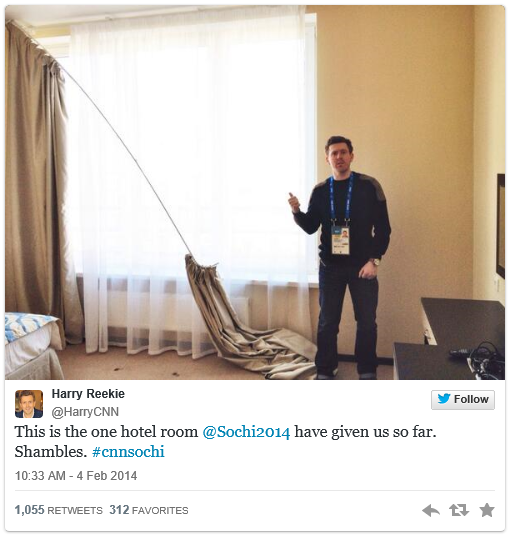RATS CAN SAVE LIVES
Now here is something you don't read about every day. Yes, you read that right the first time - Rats can save lives!
Hey mister, did you move my cheese?
Pic - Courtesy of http://blogs.independent.co.uk/2011/05/12/herorat-no-ordinary-rat/
But it is not just any old rat.... Introducing APOPO's specially trained heroRATs. APOPO is a Belgian NGO currently operating in Tanzania, Mozambique, Thailand, Angola and Cambodia.
As you may have guessed, these are not your run of the barn, common garden variety grey rat. No Sir. These are specially trained African giant pouched rats.
And did I mention that they are huge?
So how do they save lives, you might wonder ...
Detection of land mines
Pic -Courtesy of http://blogs.cfr.org/campbell/2011/06/20/herorats-corner-landmines-and-tuberculosis-in-africa/
The HEROrats have been used with great effect to clear land-mine infected areas in Mozambique , Angola, and areas as far as Cambodia, where many many still un-exploded landmines, bombs and other devices remain as potentially fatal reminders of the wars thought in these countries in years gone by.
This short video clip below explains how the rats are trained to detect land mines:
Some of the statistics to date indicated below. These stats from the APOPO website pretty much speak for themselves:
MOZAMBIQUE
Cambodia
If you think about the fact that each of the landmines detected (if still active), and each weapon and each item of ammunition detected through this process, are theoretically capable of killing or harming many, many individuals and or livestock, the number of human lives potentially saved through this intervention are enormous.
Now think of the amount of economic activity (farming, manufacturing, businesses) that now can use the newly reclaimed land for economic activity to operate on, creating jobs, supporting families, - think of the multiplier effect this could have on an economy.
At least 11 scientific papers have been published on the use of rats to clear explosives to date.
Detection of Tuberculosis
But wait, there's more - the HEROrats can also sniff out tuberculosis (TB). You can read more about the TB sniffing process here or watch the short video clip below.It takes about 9 months to train a rat how to detect TB. But once trained, the rats can assess batches of samples faster than their human lab-assistant counter parts - and in fact they have found that in only 10 min, one trained rat can assess more samples that a human lab-assistant can complete in a day.
To improve the accuracy, teams of 3 or more rats are used to screen the samples. Positive identification is reward with a sound and food treat - Pavlov would have been so happy. To keep the rats honest, every now and again a known positive sample is slipped in between the other test cases (planted so to speak) to check if they still detect it.
Over the last few years in only 1 country these clever rats have identified almost 3,000 wrongly diagnosed TB patients - not a very high number, but it would surely have made a big difference to those 3,000 people and their families. Added to which, you need to consider how infectious TB is - one person infected with TB can over the course of a year infect 10-15 others, which in turn can infect 10-15 others. Etc.
At least 10 scientific papers have been published on the TB detection process to date.
More about Bart, APOPO and his army of HEROrats
This relatively young organisation was started by Bart Weetjens, who used to keep rats as pets during his early childhood. As a young adult, Bart started investigating the highly problematic issue of landmines in Sub-Saharan Africa, and eventually quit his job to pursue this. There are still currently approximately 66 countries and 7 territories in different parts of the world which are affected by landmines, as well as other types of explosive remnants of war. Not only do these items pose a real risk to human and animal life and limb, but they also pose structural barriers to development and economic growth in the regions and countries where they remain.
During Bart's research he discovered an article written in the 1970's about gerbils, dealing specifically with their’ ability to detect explosives in a laboratory setting. This got him thinking of his ratty childhood friends again. The Belgian Directorate for International Cooperation (DGIS) provided the initial financial support to develop the concept in 1997. In the next year APOPO vzw was registered under Belgian law as a non-profit, and started its first research.
Want a novel gift for that friend that already has everything?
Give him a rat. Even better, give an APOPO HEROrat.APOPO is an NGO and will greatfully accept any individual and corporate contributions and donations. They have created an "Adopt a HEROrat" programme which allows interested individuals the opportunity to support the cause and contribute to saving lives by adopting a HEROrat.
Your friend can even pick a name.
Google+














